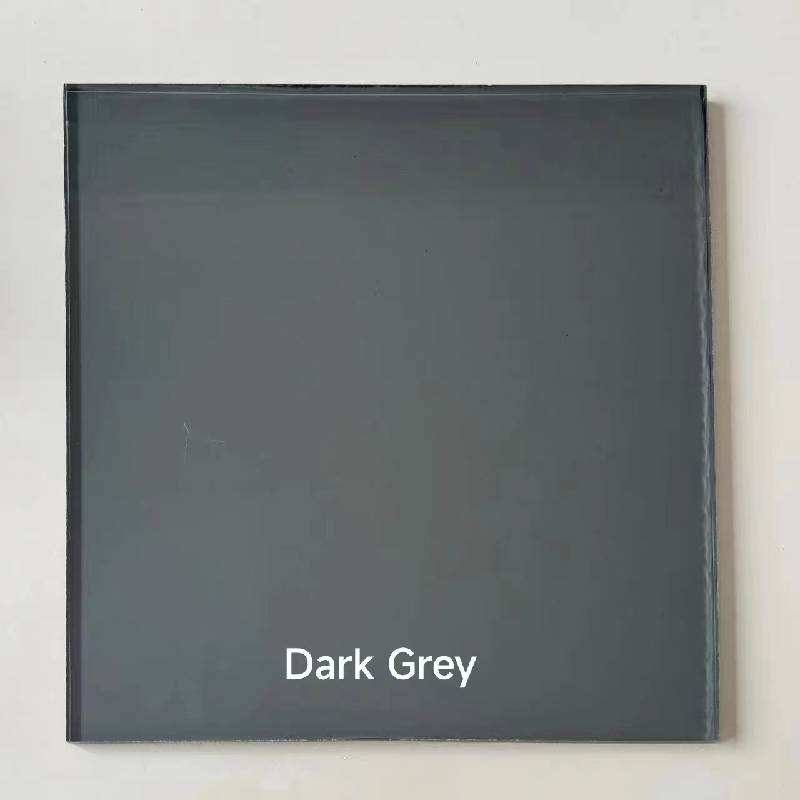

The Advantages and Applications of Tempered Glass Panels
Tempered glass panels have become increasingly popular in various industries due to their enhanced strength, safety, and aesthetic appeal. Unlike ordinary glass, tempered glass undergoes a rigorous heating and cooling process, making it much stronger and more durable. This article will explore the unique properties of tempered glass panels, their applications, and why they are a preferred choice in modern construction and design.
Properties of Tempered Glass
Tempered glass, also known as toughened glass, is manufactured through a process of extreme heating followed by rapid cooling. This treatment increases its tensile strength, causing it to be up to five times stronger than standard glass of the same thickness. In the event of breaking, tempered glass shatters into small, blunt pieces rather than sharp shards, significantly reducing the risk of injury. This safety feature makes it especially suitable for applications where human contact is probable.
Moreover, tempered glass panels have superior thermal resistance. They can withstand significant temperature changes and are less likely to warp or crack under stress from heat. This property makes them ideal for environments where high temperatures are a factor, such as in kitchen areas or near fireplaces.
Applications
1. Architectural Uses One of the most common applications for tempered glass panels is in architecture. They are used in building facades, windows, and glass doors due to their high strength and aesthetic appeal. Architects favor tempered glass for its ability to allow natural light into spaces without compromising safety or security.
2. Shower Enclosures In modern bathrooms, tempered glass panels are often used for shower enclosures. They provide a clean, sleek look while being easy to maintain. The safety features of tempered glass make it a perfect choice for wet environments.

3. Furniture Tempered glass is increasingly used in furniture design, including tables and shelves. The durability and aesthetic properties of these panels enable designers to create pieces that are both functional and visually appealing. Glass tabletops, for instance, are popular in various interiors, offering an airy feel while being resistant to everyday wear and tear.
4. Display Cases Retail environments often utilize tempered glass panels for display cases. Their strength ensures that the cases can protect valuable and fragile items without the risk of breaking easily. Additionally, the clarity of tempered glass enhances the visibility of products, making it an ideal choice for showcasing merchandise.
5. Automotive Industry In the automotive sector, tempered glass is commonly used for side and rear windows. The increased strength and safety features provide protection for passengers in case of accidents, while also presenting a clear view from the vehicle.
6. Solar Panels With the rise in renewable energy initiatives, tempered glass panels are essential in the manufacture of solar panels. They protect the solar cells from environmental damage and are designed to withstand fluctuating weather conditions, ensuring optimal functionality.
Benefits of Using Tempered Glass Panels
The use of tempered glass panels comes with numerous advantages. First and foremost is safety; with their shatter-resistant qualities, they significantly reduce the likelihood of injury from broken glass. Secondly, their impressive thermal resistance means less risk of damage from heat exposure, making them suitable in various settings. Additionally, tempered glass offers visual appeal, allowing for sleek designs that enhance any space.
In conclusion, tempered glass panels present a perfect combination of safety, strength, and aesthetic qualities, making them an essential material in modern applications. From architectural designs to furniture and automotive uses, the versatility of tempered glass continues to expand, reflecting the growing demand for durable and stylish solutions in today’s world. As technology evolves, it is likely that tempered glass panels will play an even more integral role in various industries, further enhancing their significance in our daily lives.